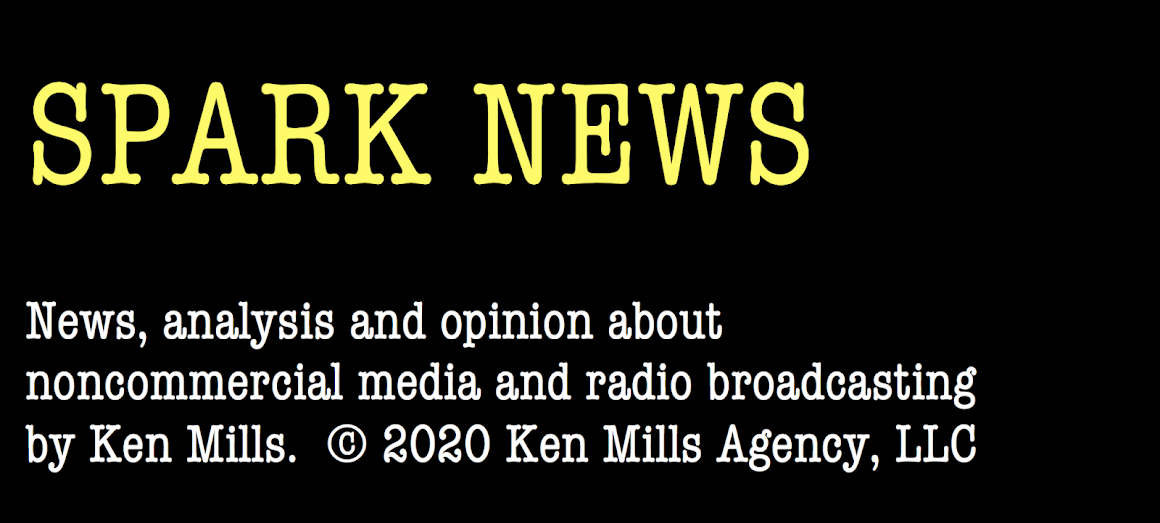One
of public radio’s most influential, but least known, committees is looking for
new people and innovative ideas.
It is NPR’s Distribution/Interconnection (“D/I”) Committee, the
group that provides oversight of the Public Radio Satellite Service (PRSS) and
Content Depot, helps establish interconnection rates and policies and keeps NPR
Distribution up-to-date on market trends and new technology.
The
D/I Committee began in the late 1970s when NPR was one of the first content
distributors to embrace satellite delivery of programming. NPR administers the
system on behalf of member stations and other noncommercial stations that pay a
basic fee.
 |
| Locations of PRSS downlinks |
PRSS
now serves more than 400 downlinks. Interconnected stations own their own
downlink and uplink equipment, provided as part PRSS’ interconnection fee. More
than 200 program producers and distributors currently use PRSS including Morning Edition and All Things Considered.
Until
about ten years ago PRSS was the only high-quality audio distribution system
available for public radio stations and producers. In the early years PRSS used
analog transmission and a teletype-based information channel called “the DACS.”
It was clunky but it generally worked.
More
recently PRSS evolved into digital transmission. It also began facing
competition from online file-transfer services such as PRX’s Sub-Auto system.
PRSS countered with Content Depot.
Since
PRX has come on the scene, PRSS/Content Depot has become more entrepreneurial
and client-friendly, catering to independent producers, program syndicators and
national, state, and local organizations.
Most
of the members on D/I Committee are also members of NPR’s Board of Directors. NPR
widened the participants in 1990s to include independent producers and
representatives of new digital services. So here is the deal:
NPR
is looking for applications from people interested in being non-NPR Board members
on the D/I Committee. The Committee meets during the meetings of the NPR Board,
usually four times a year -- generally in February, May, September, and
November. There is no compensation for members but all expenses are covered.
Folks
interested in applying or nominating someone else to be on the Committee should
apply no later than February 20, 2018. NPR asks applicants to provide a cover
letter saying why they want to serve, plus a resume. These should be Word or
pdf documents. Email the information to Twanna Clark, Manager, Board Relations,
at tclark1@npr.org. Please put "Non-Board
D/I Committee Member Nominations" in the subject line of the email. More
information is available here.
MICHIGAN
RADIO CLOSES IN ON 500,000
ESTIMATED WEEKLY LISTENERS
It
takes a long ruler to measure Michigan Radio’s impact on listeners in the State
of Michigan.
From the flagship station, WUOM in Ann Arbor, Michigan Radio is a
major factor in Detroit, Grand Rapids, Lansing and Flint plus all points in
between.
According
to Nielsen Audio, Michigan Radio had 294,300 estimated weekly listeners in
Diary markets in the Fall 2017 ratings.
In metro Detroit, where listening is
tabulated using PPM methodology, in Fall 2017 WUOM had 182,000 estimated weekly
listeners.
Though combining Diary and PPM data is unofficial, Michigan Radio
reaches an estimated 476,000 weekly listeners.






No comments:
Post a Comment